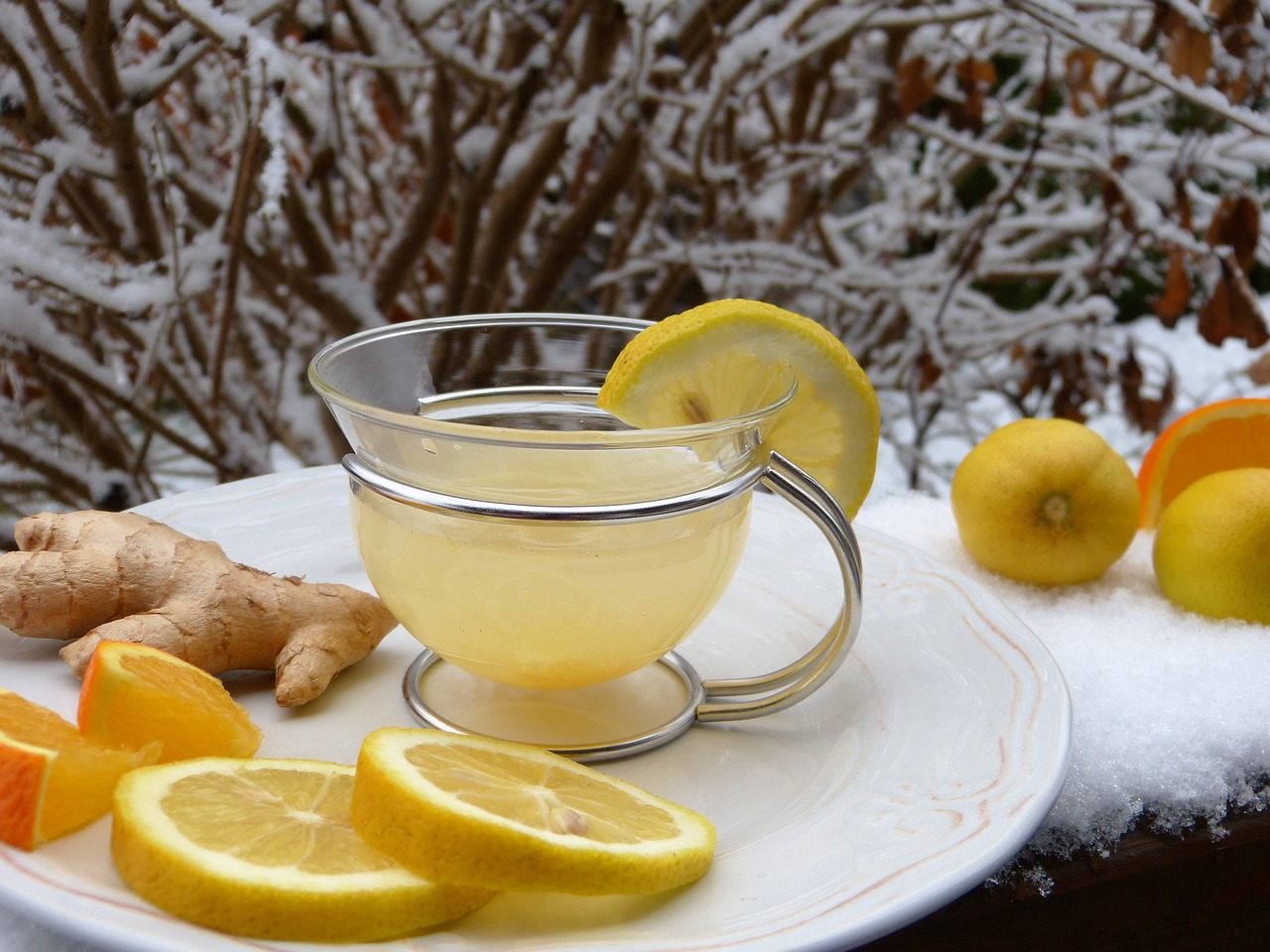Understanding the Gut
The gut, or “gastrointestinal (GI) tract”, which is a long, continuous tube that runs from the mouth to the anus, including the stomach, small intestine, and large intestine (colon). Its primary functions are to digest food, absorb nutrients, and eliminate waste. Within the gut resides the gut microbiome, a complex community of trillions of microorganisms—bacteria, viruses, fungi, and other microbes—that play a crucial role in maintaining overall health.
Defining Gut Health
Gut health is the cornerstone of overall well-being, influencing everything from digestion and immunity to mental health and energy levels. While Western medicine and Traditional Chinese Medicine (TCM) approach gut health differently, both systems emphasize its critical role in maintaining balance and vitality. In this article, we’ll explore gut health through the lenses of Western medicine and TCM, uncovering their unique perspectives and practical tips for achieving optimal digestive wellness.
Gut Health in Western Medicine
1. What is Gut Health?
In Western medicine, gut health refers to the balance of microorganisms (gut microbiota) in the digestive tract, the proper functioning of the digestive system, and the integrity of the intestinal barrier. A healthy gut ensures efficient digestion, nutrient absorption, and protection against harmful pathogens. It also plays a key role in the gut-brain axis, linking digestive health to mental well-being.
2. Key Components of Gut Health
- Gut Microbiota: Trillions of bacteria, fungi, and viruses live in your gut, with beneficial microbes supporting digestion, immunity, and even mood regulation.
- Digestive Function: Enzymes, stomach acid, and bile work together to break down food into nutrients your body can use.
- Intestinal Barrier: The gut lining acts as a protective barrier, preventing toxins and pathogens from entering the bloodstream. When this barrier is compromised (e.g., “leaky gut” syndrome), it can lead to inflammation and chronic health issues.
3. Common Gut Health Issues
- Dysbiosis: An imbalance in gut bacteria, often caused by antibiotics, poor diet, or stress.
- Irritable Bowel Syndrome (IBS): A functional digestive disorder characterized by bloating, cramping, and irregular bowel movements.
- Inflammatory Bowel Disease (IBD): Conditions like Crohn’s disease and ulcerative colitis involve chronic inflammation of the digestive tract.
4. How to Support Gut Health in Western Medicine
- Diet: Focus on fiber-rich foods (e.g., fruits, vegetables, whole grains), probiotics (e.g., yogurt, kefir), and prebiotics (e.g., garlic, onions) to nourish gut bacteria.
- Lifestyle: Manage stress through mindfulness, exercise regularly, and prioritize sleep.
- Medical Interventions: Consider probiotics, digestive enzymes, or fecal microbiota transplants for severe imbalances.
“A 2019 study in Nature found that gut microbiota diversity is linked to better immune function.”
Gut Health in Traditional Chinese Medicine (TCM)
1. What is Gut Health in TCM?
In TCM, gut health is closely tied to the Spleen and Stomach, which are responsible for transforming food into Qi (vital energy) and blood. A healthy digestive system ensures smooth Qi flow and balanced energy throughout the body. TCM also considers emotional factors, such as stress and worry, as key contributors to digestive imbalances.
2. Key Principles of Gut Health in TCM
- Spleen and Stomach Function: The Spleen transforms and transports nutrients, while the Stomach breaks down food. Weak Spleen Qi can lead to poor digestion and fatigue.
- Qi and Blood Production: A healthy gut ensures proper Qi and blood production, which are essential for vitality and immunity.
- Emotional Balance: TCM links emotions like worry and overthinking to Spleen imbalances, which can manifest as bloating, loose stools, or sluggish digestion.
3. Common Gut Health Issues in TCM
- Spleen Qi Deficiency: Symptoms include bloating, fatigue, and loose stools.
- Dampness: A buildup of dampness (often due to poor diet or weak Spleen Qi) can cause heaviness, sluggish digestion, and mucus in stools.
- Stomach Heat: Excessive heat in the Stomach may lead to acid reflux, bad breath, and constipation.
4. How to Support Gut Health in TCM
- Diet: Eat warm, cooked foods (e.g., soups, stews) to support Spleen Qi. Avoid cold, raw, or greasy foods, which can weaken digestion.
- Herbs: Ginger, licorice root, and astragalus are commonly used to strengthen the Spleen and Stomach.
- Acupuncture: This ancient practice can regulate Qi flow and address digestive imbalances.
- Lifestyle: Practice mindful eating, reduce stress, and maintain a regular routine to support digestive health.
“A 2018 review in Evidence-Based Complementary and Alternative Medicine found that acupuncture can improve gut motility.”

Comparing Western Medicine and TCM Approaches
Both Western medicine and TCM recognize the importance of diet, lifestyle, and emotional well-being for gut health. However, they differ in their focus:
- Western Medicine: Emphasizes the gut microbiome, biochemical processes, and medical interventions.
- TCM: Focuses on energy (Qi) flow, organ systems, and holistic balance.
The two approaches can complement each other. For example, probiotics (Western) can be combined with TCM herbs like ginger to enhance digestive health.
Practical Tips for Improving Gut Health
Here’s how you can combine insights from both systems for optimal gut health:
- Diet: Eat a balanced diet with fiber, probiotics, and warm, cooked foods. Avoid processed foods, excessive sugar, and cold/raw foods if digestion is weak.
- Lifestyle: Manage stress through mindfulness, exercise, and acupuncture. Prioritize sleep and maintain a regular routine.
- Holistic Care: Consider consulting both a Western doctor and a TCM practitioner for a comprehensive approach.
Myths vs. Facts About Gut Health
Let’s debunk some common misconceptions:
- Myth: You need to detox your gut regularly.
- Fact: Your liver and kidneys naturally detox your body. Focus on a balanced diet instead of extreme detoxes.
- Myth: TCM is just about herbs and acupuncture.
- Fact: TCM is a holistic system that includes diet, exercise, and emotional well-being.
- Myth: All bacteria in the gut are harmful.
- Fact: Your gut needs a balance of good and bad bacteria to function properly.
Frequently Asked Questions (FAQ)
- Q: Can stress really affect my gut health?
- A: Yes! In Western medicine, stress disrupts gut bacteria and increases inflammation. In TCM, stress causes Liver Qi stagnation, impairing digestion.
- Q: Are probiotics safe for everyone?
- A: While generally safe, probiotics may not suit people with certain conditions (e.g., small intestinal bacterial overgrowth). Consult a healthcare provider.
- Q: How long does it take to improve gut health?
- A: It varies. Some notice improvements in weeks, while others may need months of consistent effort.
Conclusion
Gut health is a vital aspect of overall wellness, and both Western medicine and TCM offer valuable insights for maintaining it. By combining the best of both systems—whether it’s probiotics from Western medicine or Spleen-strengthening herbs from TCM—you can achieve a balanced, healthy gut. Remember, the journey to better gut health is personal, so explore what works best for you and consult professionals when needed.

-Start your day with warm lemon water to support digestion (TCM tip).
-Incorporate probiotic-rich foods like yogurt or sauerkraut into your diet (Western tip).
-Practice mindful eating by chewing slowly and avoiding distractions during meals (both systems).
-Consider consulting both a Western doctor and a TCM practitioner for a holistic approach.Engage with Us!
- Have you noticed how stress affects your digestion?
- What steps have you taken to improve your gut health?
- Would you try combining Western and TCM approaches for better results?

